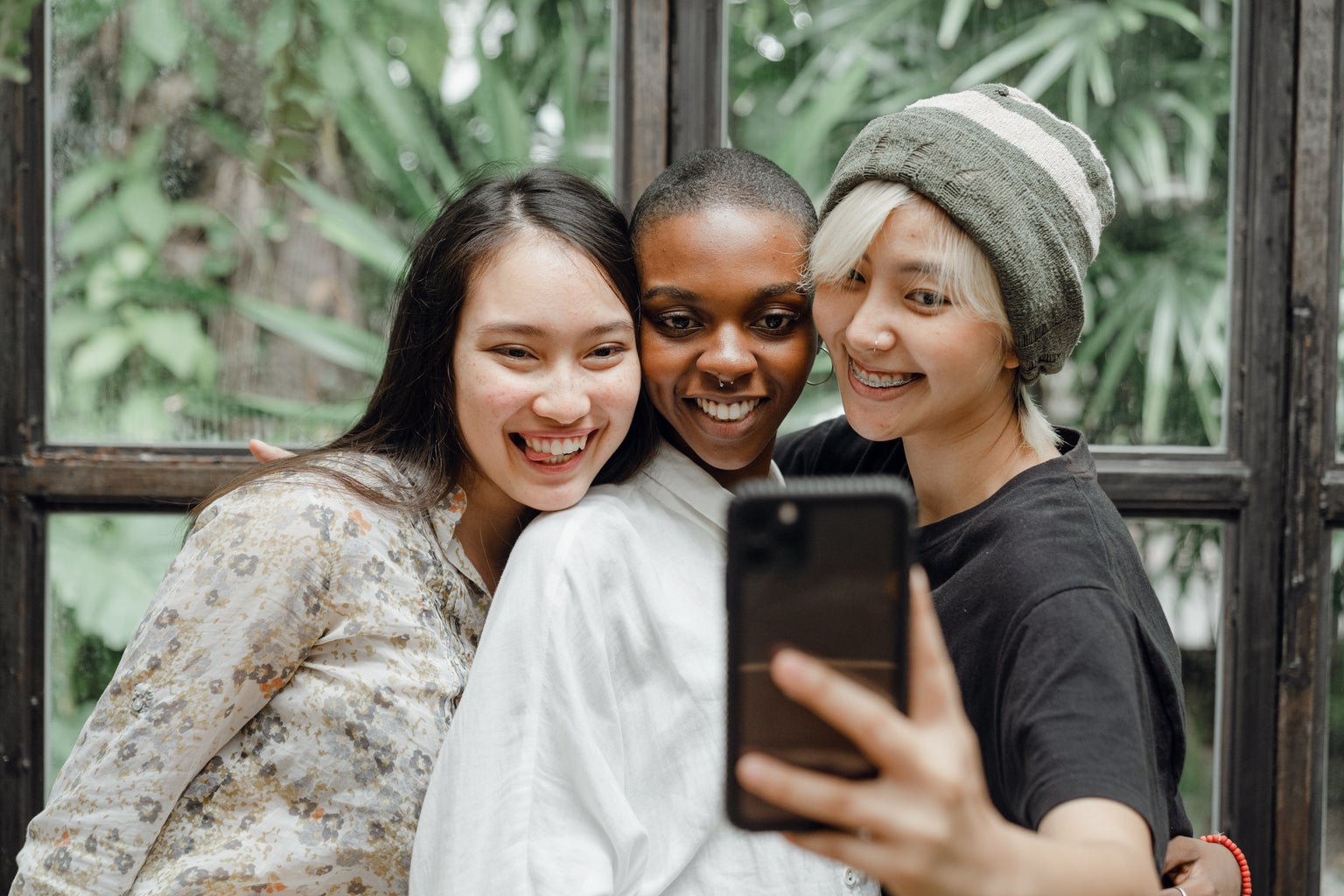In the kaleidoscope of college life, the term “girls’ girl” often means camaraderie, shared secrets, and unspoken support. Whether one is classified as a girl’s girl or scrutinized for embodying the persona, the nuances of what makes a girls’ girl remain elusive.
How can someone be a girls’ girl? Why does this term, seemingly rooted in solidarity, often carry negative connotations, particularly within the complex dynamics of college relationships?
The traditional definition of a girls’ girl is a woman who supports other women.
However, the context of a college setting changes the term. Women may find themselves unintentionally pitted against each other, both by their peers and by the influence of men. It is this contextualization that raises concerns and prompts a deeper examination.
Being a girls’ girl can become particularly problematic in relation to male interactions.The focus often drifts towards how women navigate relationships with men, overshadowing the essence of female solidarity.
This skewed lens can perpetuate a problematic narrative where a woman’s worth or identity is defined by her relationships with men. Women may unwittingly contribute to their own division.
This issue is especially noticeable at colleges such as Boston University, where female students outnumber males. Women may feel even more acute pressure to navigate relationships within the limited pool of male peers.
The imbalance reinforces societal expectations and historical power dynamics, further complicating the dynamics of female relationships. In such scenarios, the girls’ girl archetype may become entangled in the skewed gender ratio.
The question arises: why does the term girls’ girl seem inseparable from discussions about men in the college context?
The college environment, while providing opportunities for genuine connections, can also become a stage where societal expectations and historical power dynamics play out.
The girls’ girl archetype, when examined through an academic lens, unveils a subtle puppetry where men, often navigating friend circles, may perpetuate a divide among women. Relationships may transform into power dynamics that echo historical narratives of control and dominance.
To reclaim the essence of true sisterhood, as envisioned in feminist discourse, it’s imperative to broaden the scope of the girls’ girl narrative. Shifting the focus from men-centric discussions to a broader context that embraces and celebrates female connections independent of male influence is a crucial step.
By questioning and challenging the prevailing narratives, we can aspire to foster a sisterhood built on authenticity, resilience, and shared strength.
In conclusion, the term girls’ girl, while rooted in the concept of female support, undergoes a transformation within the college landscape, especially in institutions with palpable gender imbalances.
To redefine and liberate this archetype from manipulation, there is a need for a broader discourse that acknowledges and appreciates female connections beyond the confines of societal expectations and historical power dynamics.
It’s time to reshape the narrative, steering the concept of the girls’ girl toward genuine solidarity and empowerment among women in the multifaceted realm of college life.
Want to keep up with HCBU? Make sure to like us on Facebook, follow us on Instagram, check out our Pinterest board, watch us on TikTok, and read our latest Tweets!




